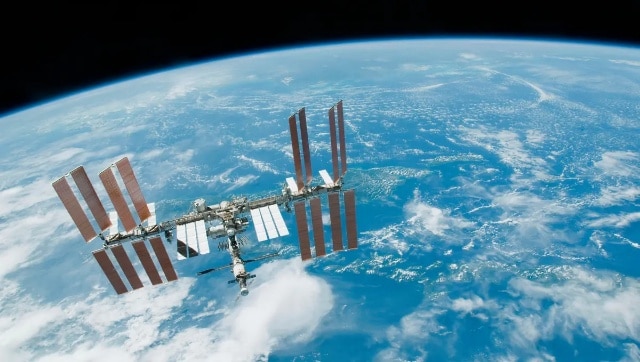Explained: Why Russia’s withdrawal from the ISS is a big deal and how it may affect space exploration- Technology News, Firstpost
FP ExplainersJul 27, 2022 12:53:03 IST
Russia’s Roscomos, the country’s space agency has announced that it plans to withdraw from the ISS or the International Space Station after 2024. The announcement was made by Yuri Borisov, the new head of the Russian space agency.

Borisov also said that Russia’s future efforts will focus on building a new Russian space station.
The ISS basically has two halves or major modules, one that is used and maintained by a team of Russian cosmonauts, and one that is used and maintained by a number of different nations.
To keep the ISS in orbit, it is imperative that both sides are maintained and kept up to date time to time as well simultaneously. With Russia withdrawing from the ISS, there is a very good chance that the ISS may need to be decommissioned much earlier.
Currently, active agreements on the ISS have it operating till the end 2024, and the station needs Russian modules to stay in orbit. The US and its partners who operate the other half of the space station have been seeking to extend the station’s life to 2030.
While Russia’s announcement does not a breach of any agreement nor is it an immediate threat to the station’s daily operation, it does mark the culmination of months of political tensions involving the ISS.
Although both sides conduct experiments and studies in accordance to the objectives of their own agencies, there are a number of different studies where both sides of the ISS participate.
Furthermore, Russia operates six of the 17 modules of the ISS including the Zvezda module, which has the main engine system of the ISS.
This engine is vital not only for the station’s ability to remain in orbit, but also to thrust it into different directions and move out of the way of space debris. Under the ISS agreements, Russia retains full control and legal authority over its modules.
Russia’s space agency has not revealed where they would allow their ISS partners to take control of Russian modules, although anything of that sort is highly unlikely to happen.
It’s also unclear whether it would be possible to separate the Russian modules from the rest of the ISS, as the entire station was designed to be interconnected.
It was also envisioned that in the early stages of space tourism, the ISS would act as a halfway halt for tourists and scientists before they would go on to their final destinations. This arrangement was supposed to be in place until a new halfway station orbiting the earth was operational.
Several space travel and tourism startups who had pinned their hopes on the ISS will have to come up with a new plan or reorient their targets.
For all the latest Technology News Click Here
For the latest news and updates, follow us on Google News.

